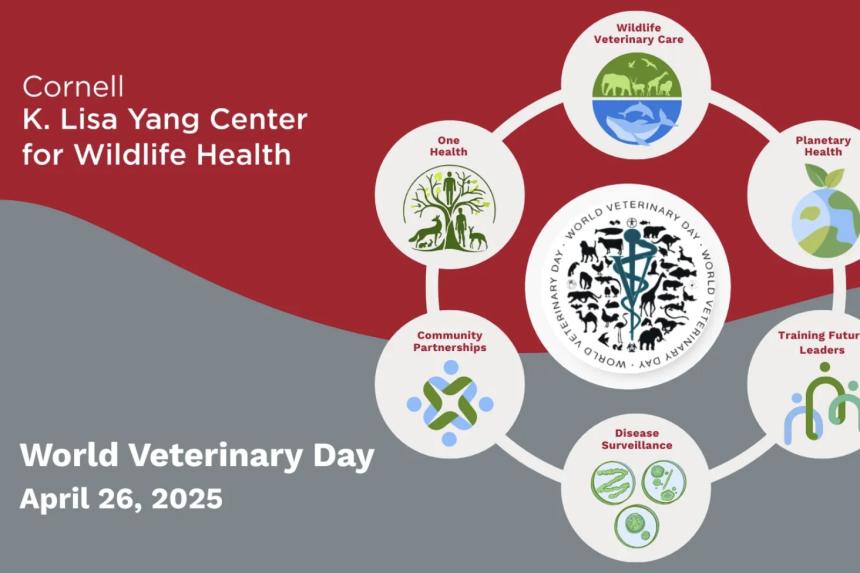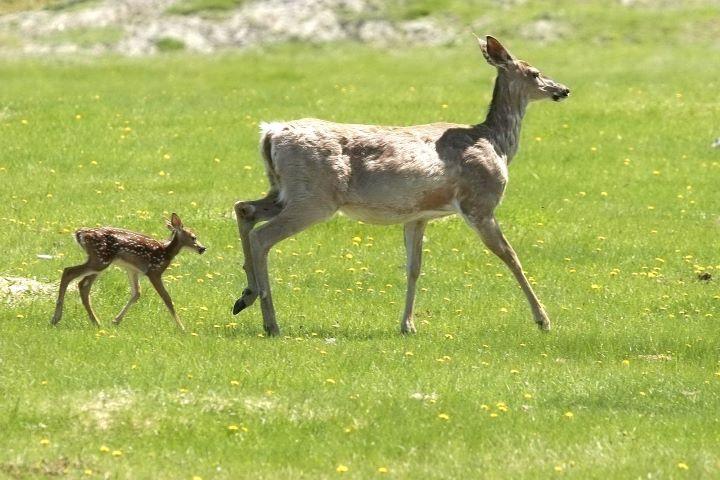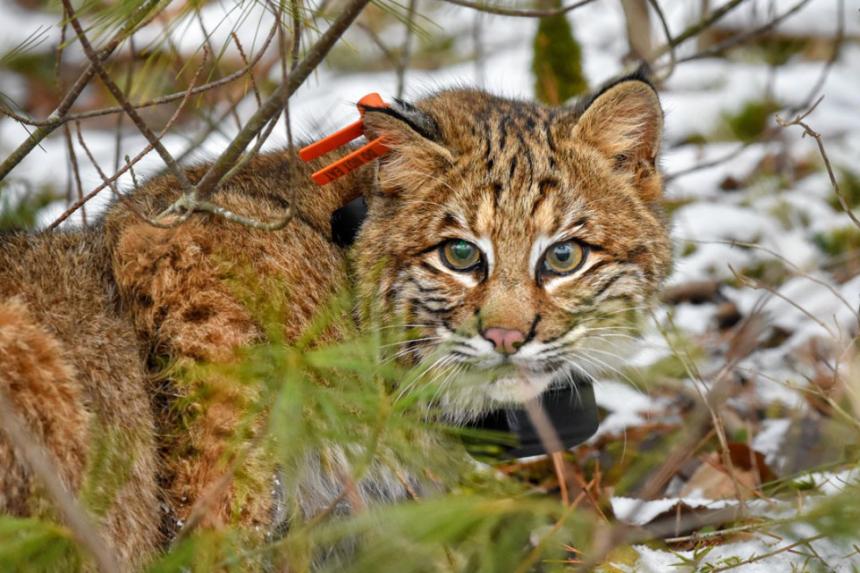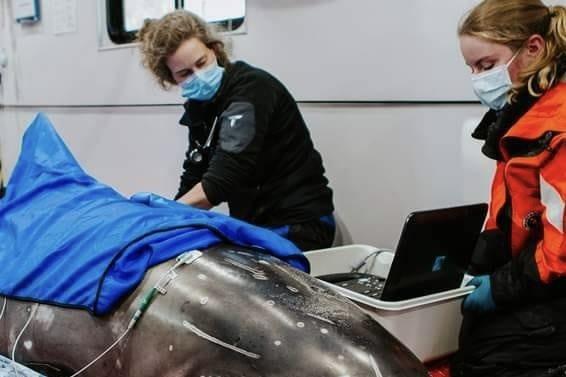News

Video
April 30, 2025
You are never far from a leopard in rural Nepal! On his first night in the field, our Wild Carnivore Health Specialist, Dr. Martin Gilbert, captured this footage of a nocturnal visitor while testing camera traps behind his hotel room!

April 30, 2025
On February 11-12, 2025, Dr. Pete Coppolillo, Executive Director of Working Dogs for Conservation (WD4C), was welcomed to Cornell University as a special guest speaker to discuss how dogs are helping to further conservation efforts.

April 26, 2025
On World Veterinary Day this year, we are celebrating Cornell's wildlife and ecosystem health teams and their tireless efforts to build a healthier future for wildlife, people, and planet.

April 24, 2025
The further I progressed through veterinary school, the stronger my desire to do “something more” became. Thanks to discussions with faculty mentors Dr. Ricardo de Matos and Dr. Keila Dhondt, I discovered the perfect opportunity to do so...

For Your Information
April 22, 2025
A recent study examines the challenge of determining the sample size needed to confidently declare a local wildlife population disease-free—an essential factor in effective disease surveillance and wildlife health management.

April 21, 2025
A new paper in the journal CABI One Health captures a pioneering One Health effort that reinforces the reality that meaningful policy change across sectors often takes significant time and patience.

April 17, 2025
Avian influenza – which has devastated poultry flocks, wildlife populations and increasingly poses a public health risk – has now been confirmed in wild bobcats in New York state, according to a new study by Cornell scientists.
April 15, 2025
Cornell’s Dr. Raina Plowright and colleagues weigh in on a proposed World Health Organization Pandemic Agreement, stressing the need for adaptable, united action to prevent future pandemics.

April 10, 2025
Moving endangered rhinos to new areas is a vital part of their conservation. War-torn helicopters from the Vietnam War are airlifting the creatures upside down to safety based on research pioneered by Cornell researchers.

News
April 03, 2025
Cornell alumna Kate Mueller, DVM '15, has been enamored with marine mammals for as long as she can remember, and her career path shows that there is no one route to a career in wildlife medicine.
